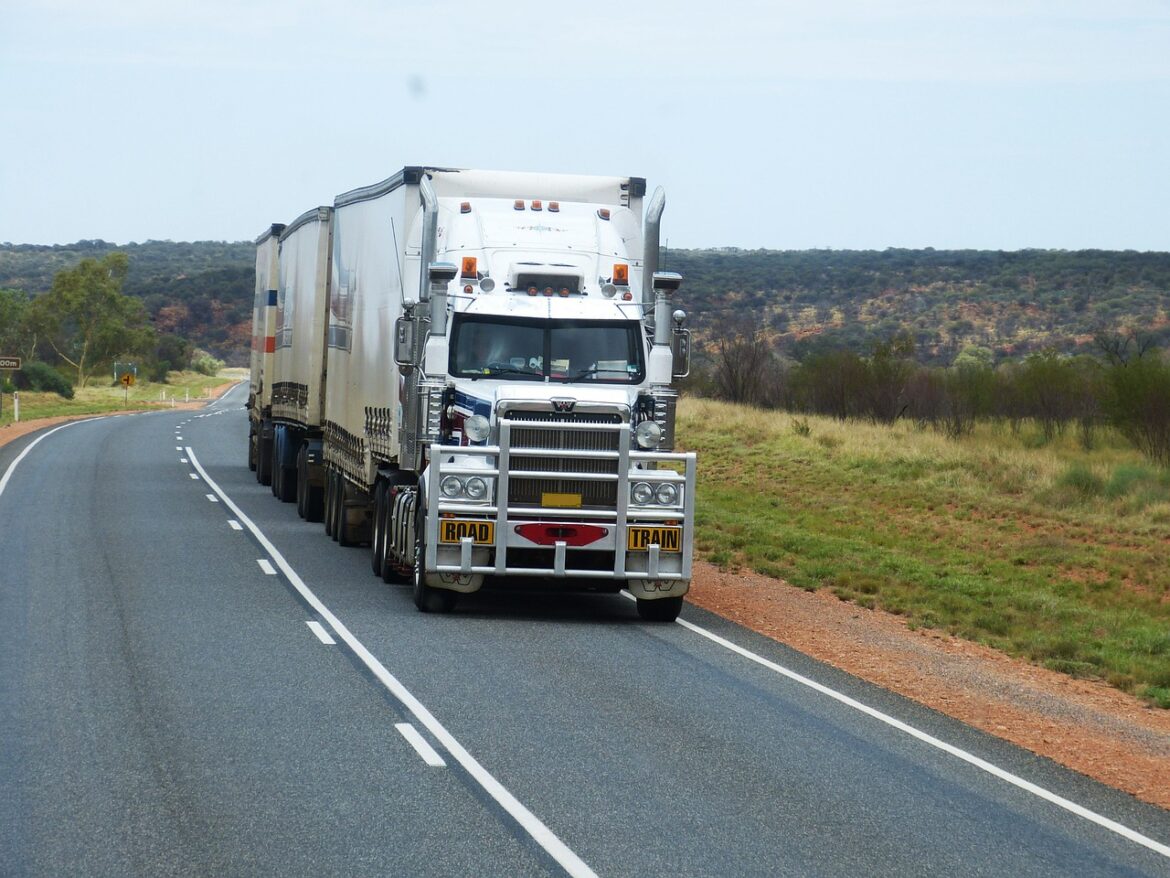It’s a common misconception that the trucking industry doesn’t see much progress. After all, how much can an industry which comprises transit from Point A to Point B really develop? However, the demand for trucking is increasing and it’s surprising how much trucking has shifted over the past few years to accommodate this. Here are a few key ways the trucking industry is evolving.
Going green
One of the biggest concerns about the trucking industry is its environment impact. From questions of fuel efficiency to concerns about the detrimental effects of truck exhaust on drivers, there’s no shortage of environmental hazards. But there were leaps and bounds made within the trucking industry to reduce environmental impact and introduce an eco-conscious perspective to drivers. Technological advancements and breakthroughs in research are playing key roles in the effort to minimize the industry’s carbon footprint.
By seeking out alternative energy sources and investing more in hybrid fleet vehicles, industry leaders are on the lookout for ways to incorporate green concepts to the profession. There are products like SeQuential biodiesel that are designed as non-toxic alternatives to petroleum diesel with the added benefits of carbon dioxide displacement. Tesla invests in trucking and wants to introduce electric and automated vehicles for carrier use. While trucking can often come across as environmentally unfriendly, much of the industry is taking steps to contribute to the planet’s overall health.
Technological disruptions
Trucking hasn’t adapted to the world’s technology boom in the way many other industries have. Sure, software developments and more sophisticated fleet systems have streamlined many industry practices. But there’s been no “smartphone” of trucking, no one massive development that’s flipped it on its head. This doesn’t mean that the trucking industry is immune to the spread of tech, and in fact, the truth is quite the opposite.
One of the biggest predictions for the industry’s future involves the rise of automated vehicles and whether trucking will remain untouched by their reach. On paper, automated vehicles make a lot of sense. Be it real-time tracking or quicker diagnostics, the push for automation may very well be the next big thing in trucking. However, it’s still quite a ways off. Self-driving vehicles aren’t approved for industry use and come with their own unique set of regulatory challenges. If automated freight quote is the future of the trucking industry, it’s still quite a ways away.
Continued expansion
The trucking industry is outpacing its peers in terms of growth and expansion. This is because trucking historically sees high turnover rates. It’s also due to the ever-increasing demand for shipping capabilities. Think of it as a business owner. Would you rather focus on a brick and mortar shop that comes with a whole host of real estate complications and lease payments, or would you opt for an online storefront and reallocate your finances towards shipping costs? Many companies are trending towards the latter which means reliance on carriers is booming.
This is a boon to drivers in the industry. The continued growth and the demand for quality drivers has forced carriers to up their pay rates, provide greater benefits to employees, and offer more favorable hauls. Also, since trucking is one of the few jobs on the planet that cannot be outsourced, there’s plenty of job security to be had.
While it’s an old profession that’s been around for over a century, the trucking industry continues to thrive. As moves are made throughout trucking to increase the focus on eco-friendly practices and incentivize workers, it’s clear that technology has been a major disruptor. The future of the industry can be hard to predict as it often doesn’t see rapid shifts like more technologically sensitive sectors do. However, it’s certain that there’s never been a better time to get involved and there’s plenty of excitement on the road ahead.



